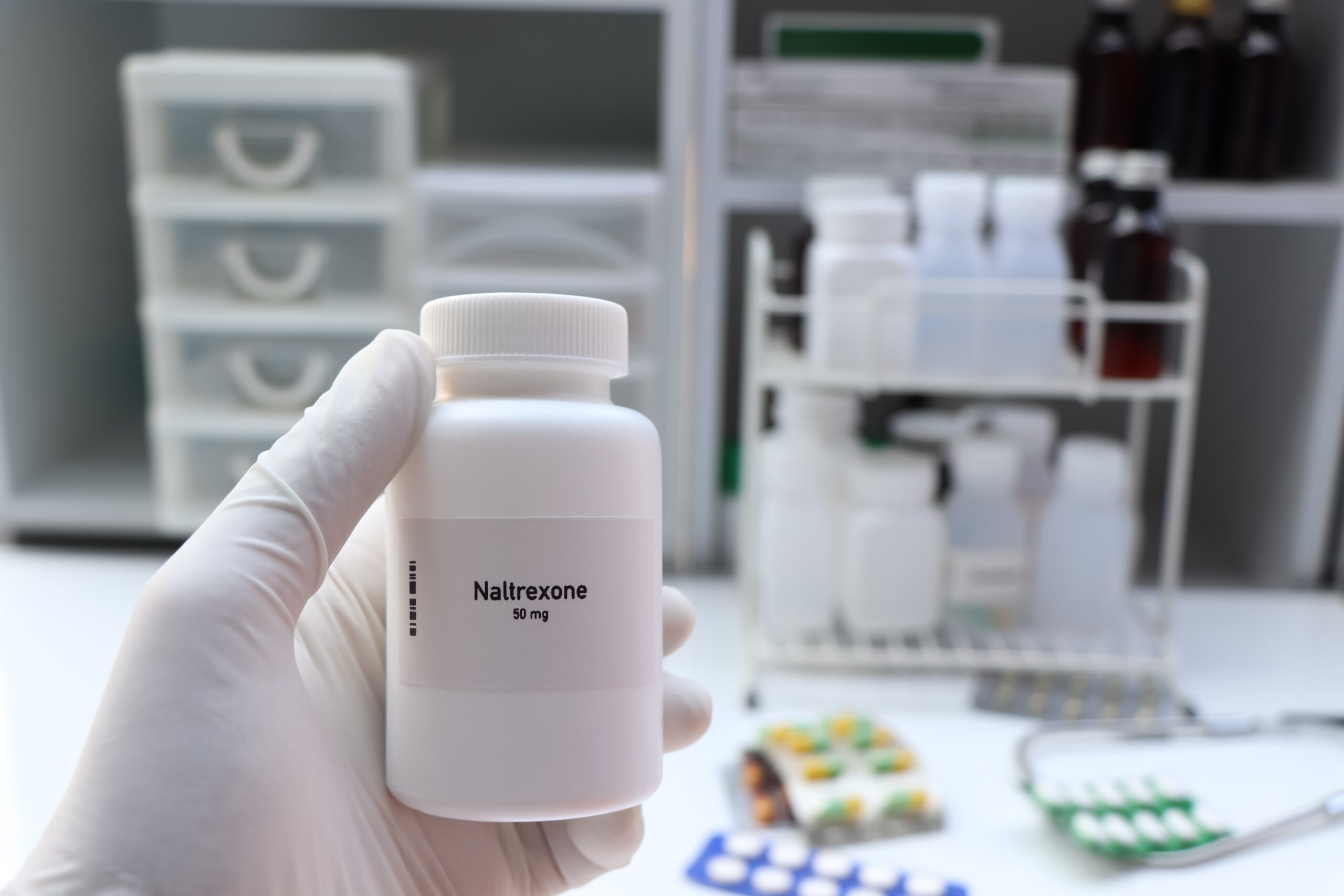In late 2022, the Centers for Disease Control and Prevention announced that life expectancy in the U.S. has dropped to its lowest point in two decades, in part because of the prevalence of fentanyl and soaring rates of drug overdose deaths.
But in the midst of the grim reality of today’s devastating opioid epidemic, there are encouraging advances showing great promise. WellPower’s Medication Assisted Treatment (MAT) Clinic is one such program giving hope to people who want to break free of addiction.
The MAT Clinic team provides substance use services for opioid use disorder including medical staff, nursing, pharmacy, and therapy, combined with FDA-approved evidence-based medications that relieve the withdrawal symptoms and psychological cravings that cause chemical imbalances in the body. These game-changing medications curb cravings so that people can get the most out of treatment.
According to Lisa Beaton, an associate director of clinical services at WellPower and program manager at the MAT Clinic, “When someone has a substance use disorder, their brain is telling them they can’t live without their drug of choice; it becomes as important as air and water, making engagement in treatment challenging. These medications do the critical work of turning down the volume on those cravings.”
Beaton coordinates with Ellie Carpio, a therapist and assistant program manager, and psychiatrist Stefan Bumol, MD. The MAT Clinic also works closely with a person’s primary WellPower team to ensure coordinated care.
To enroll in the MAT Clinic program, a person must already be engaged in WellPower services. Once referred, the next step is to do an intake, discuss goals and history, and develop a treatment plan that includes medication to curb cravings and manage withdrawals.
According to Dr. Bumol there are three medications that are FDA-approved to treat opioid addiction and two of these, buprenorphine and naltrexone, are administered by WellPower. The other, methadone, is administered at specially designated methadone clinics. If the MAT team determines that treatment with methadone is the best fit, they will work to refer the person to a methadone clinic such as the one at Denver Health.
After about a month on medication, when the person is stabilized, the team works to engage a person in individual and group therapies to support biopsychosocial factors that are impacted by a person’s use. The MAT team works with a person’s primary therapist to also offer wrap around support, which may include help finding housing or rebuilding relationships.
The program recently received a Caring for Denver grant to expand and the team hopes to add additional staff and services to help address the devastating impact of opioid addiction in metro Denver.
Beaton noted, “It is important for treatment to be available when people are ready for it. Expanding the program increases the chances of successfully doing that.”
Carpio encourages anyone who might be considering treatment to connect, even if they aren’t yet ready to take the first step. “Learning about all that is available is very eye-opening for most people. It can give them hope that there is a team to help and so many successful outcomes. Our goal is to be here when they are ready and to support them for as long as they need it.”
If you’re looking to access services for yourself or your child, we invite you to call us at (303) 504-7900. MAT team members will also be at WellPower’s PowerUp, Denver! event on June 10 and they invite people to stop by to learn more about the program.


